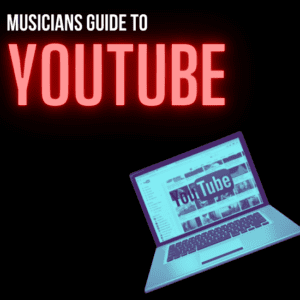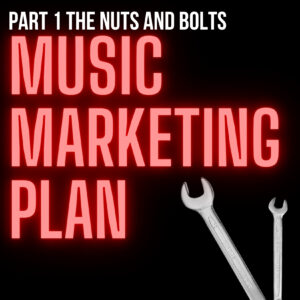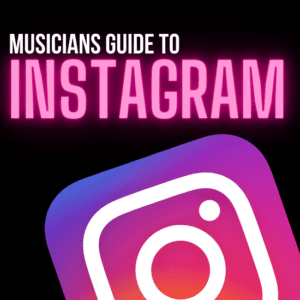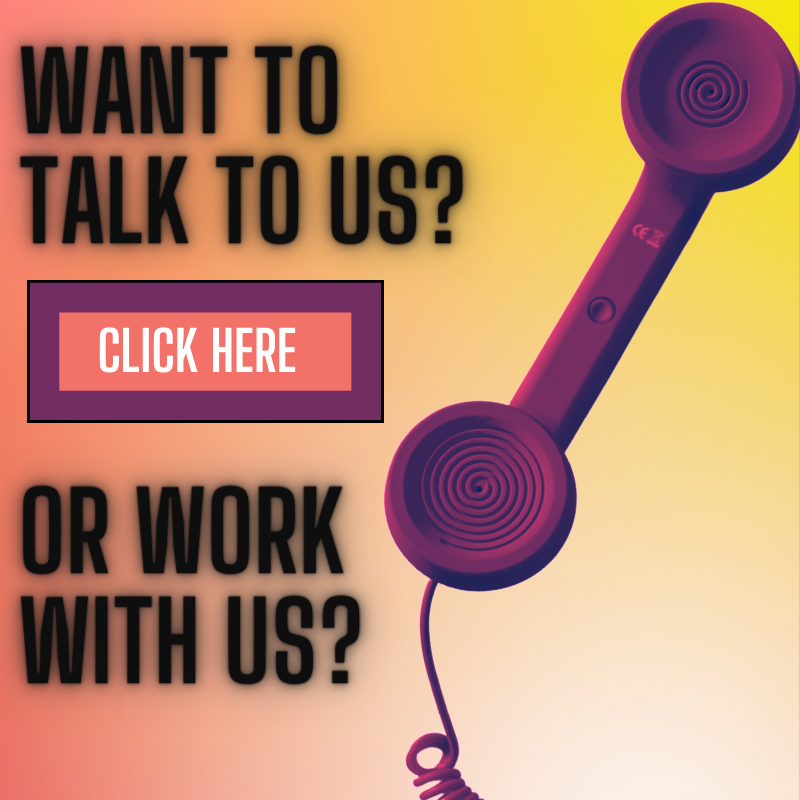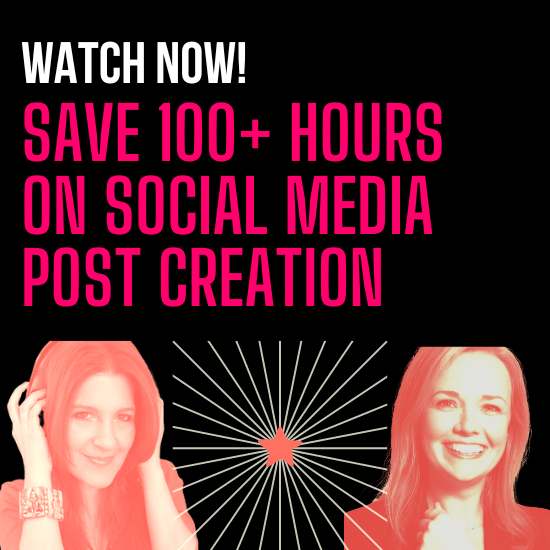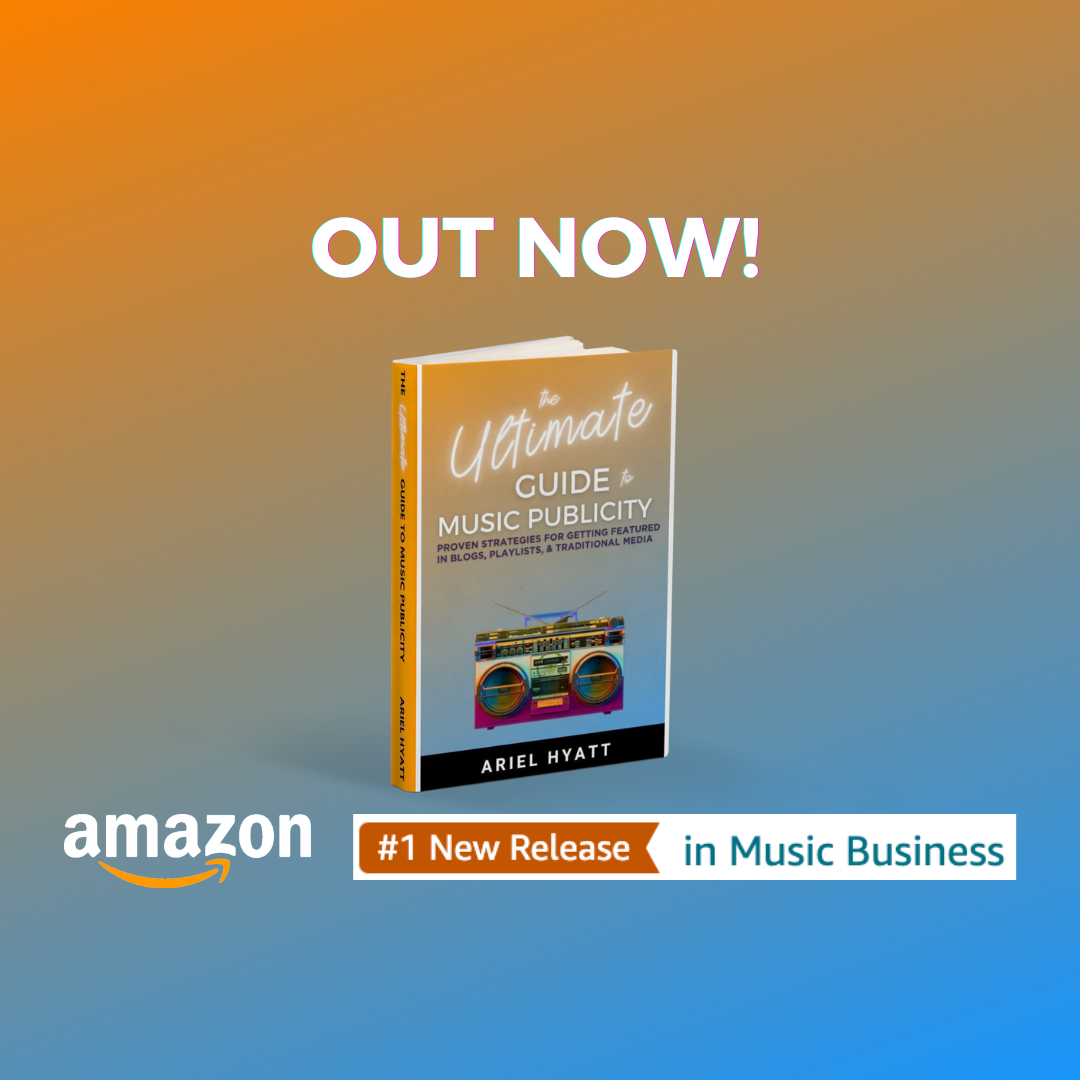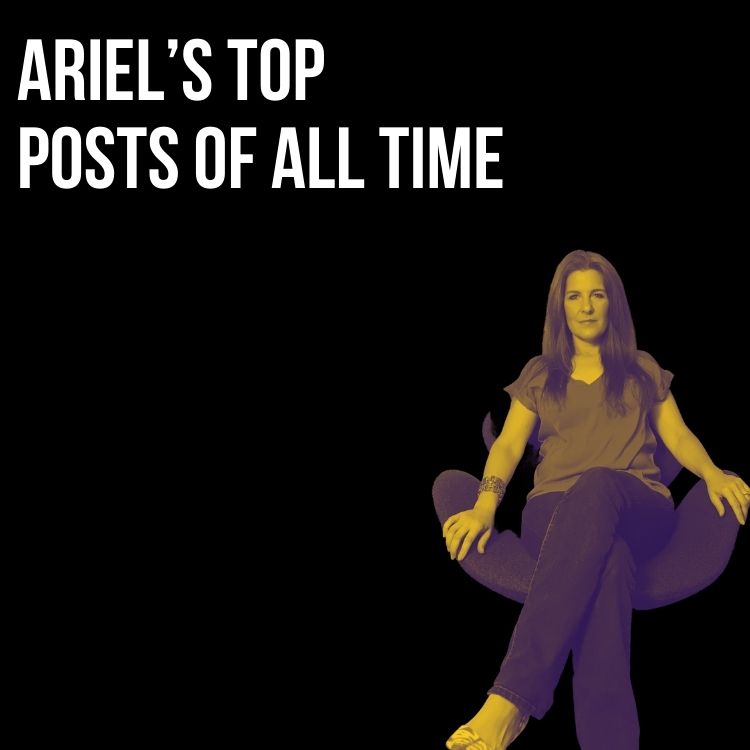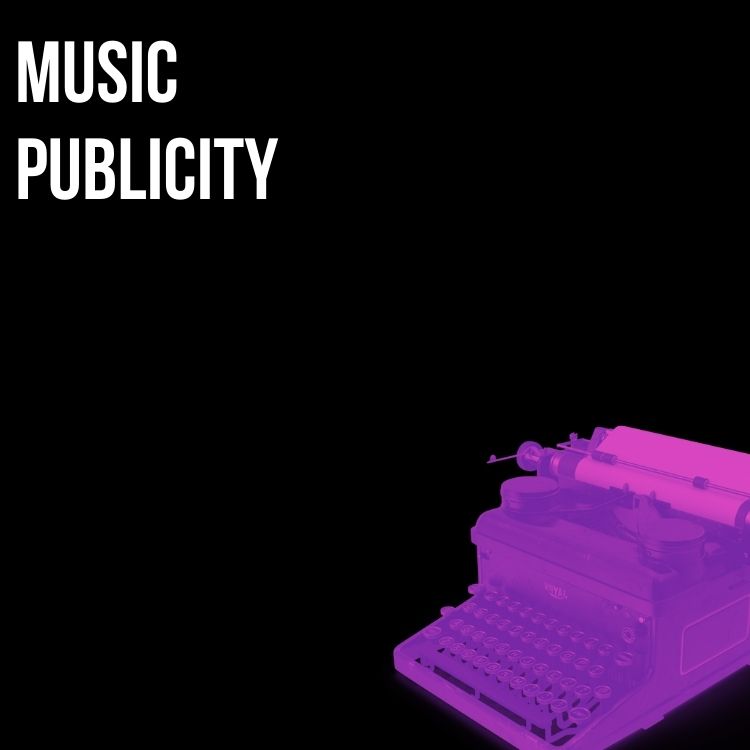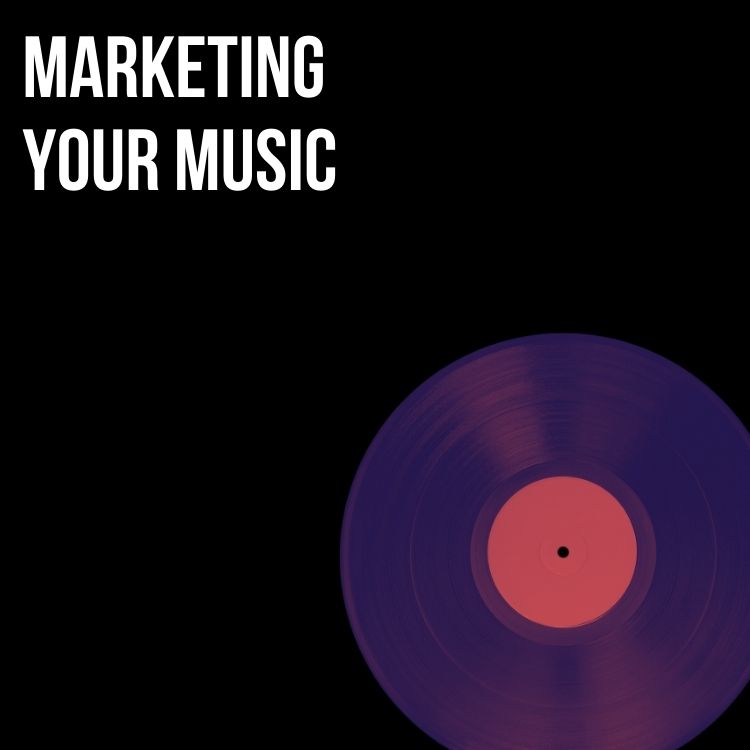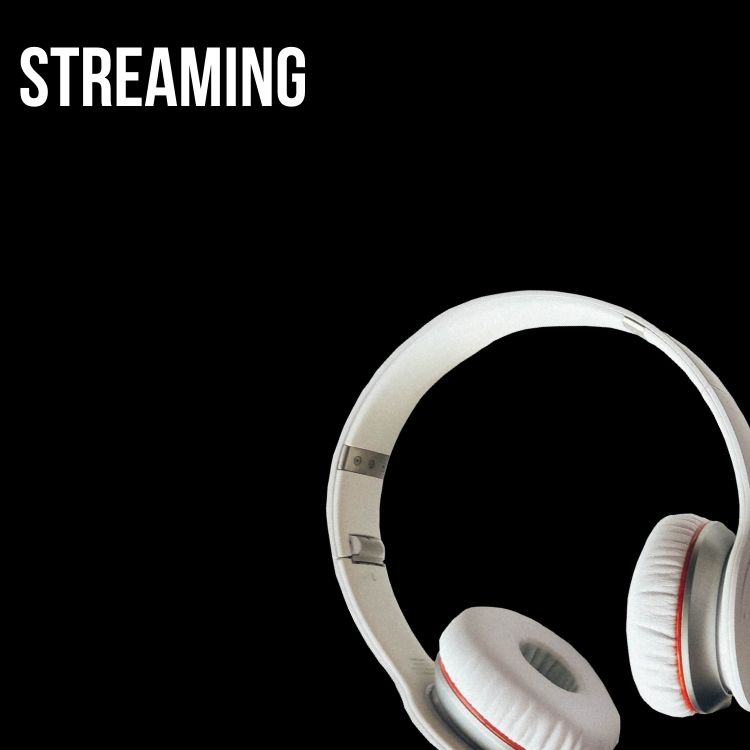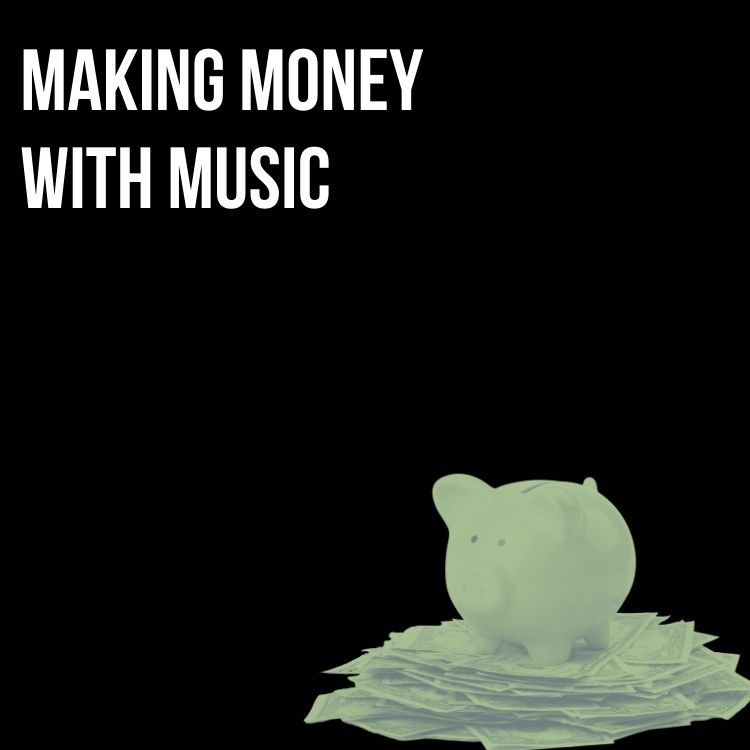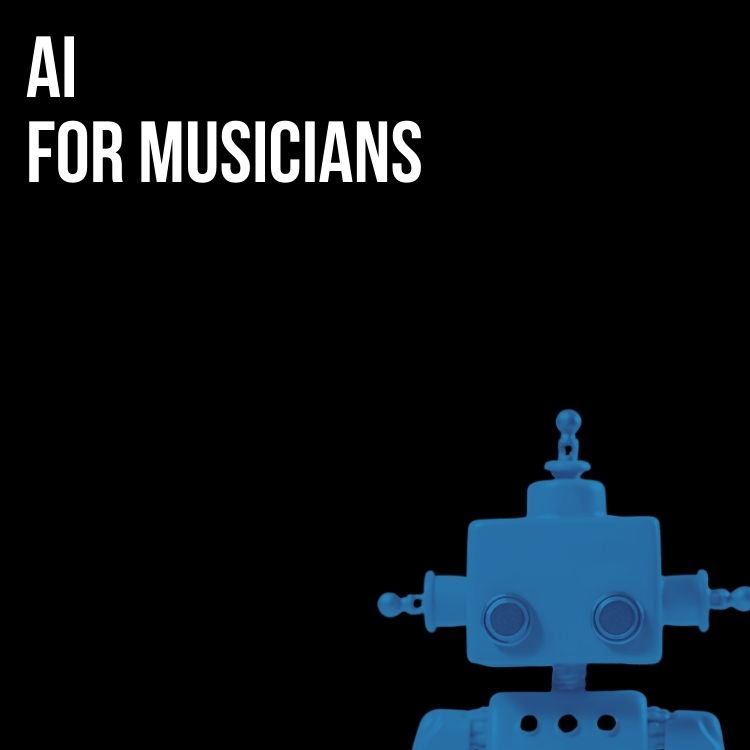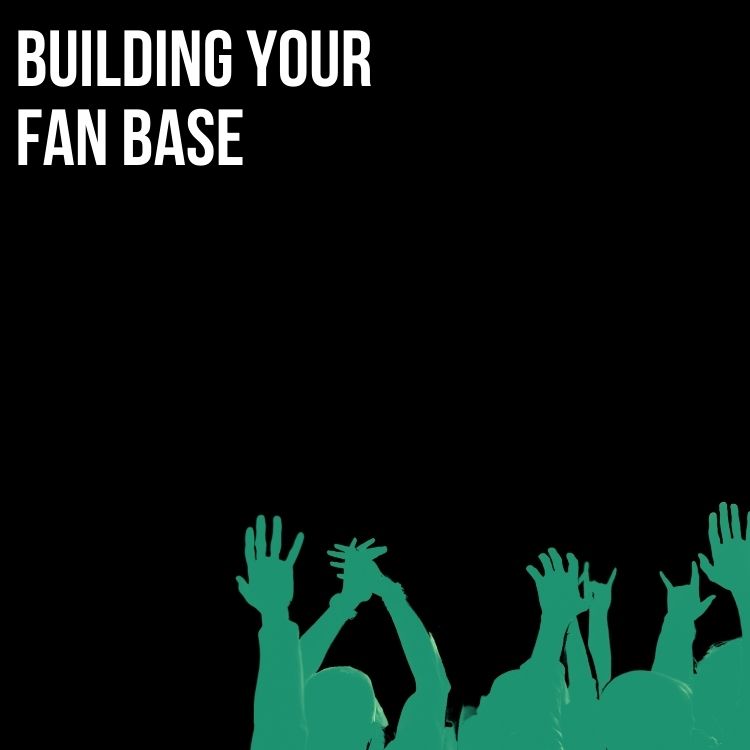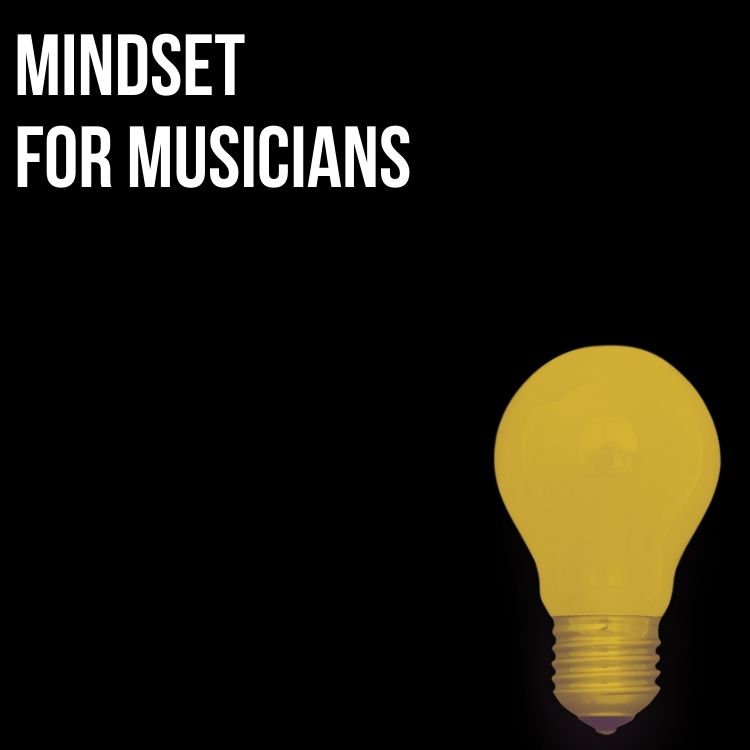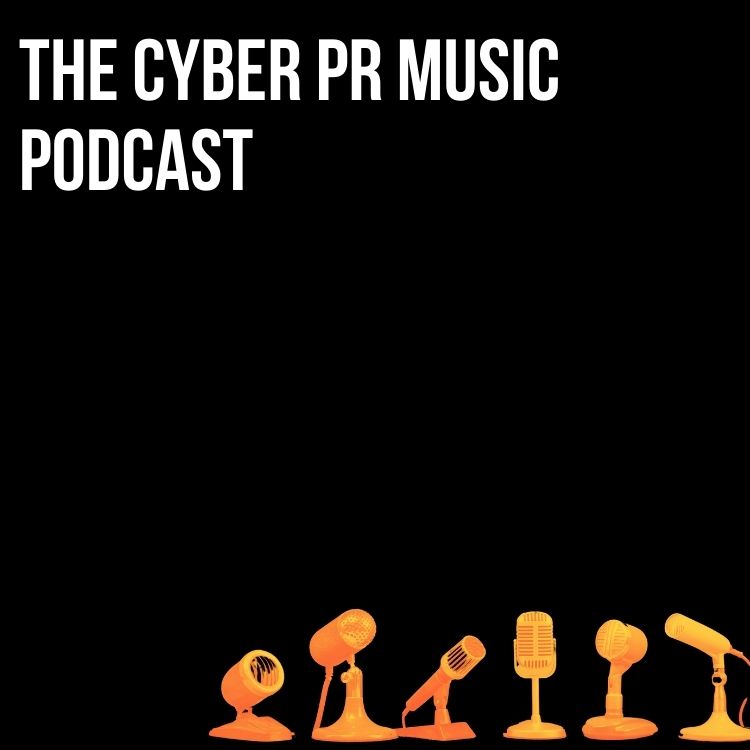Originally posted here: http://emusician.com/interviews/industry_insider/emusic_qa_ariel_hyatt_2/
Using Facebook to promote your music
 Hyatt says that the etiquette for self-promotion on Facebook differs greatly from that on MySpace.
Hyatt says that the etiquette for self-promotion on Facebook differs greatly from that on MySpace.
Photo: Michael Weintrob
Social Websites allow musicians to tap into the power of word of mouth in a way that has never been seen before. The site that has the most users and spreads messages more quickly and powerfully than any other is Facebook. It’s a site that all musicians interested in marketing their music should include in their overall strategy.
Why should musicians use Facebook?
Facebook is the number-one emerging social network, and has over 250 million users. If Facebook were a country, it would be the fourth-largest in the world. It’s also the number-one photo-sharing site on the Web. If you’re a musician and you’re not on it, you’re absolutely not in the game. As we said with Twitter [in last month’s interview], it’s all about building a relationship with your fans to get people to discover your music.
What’s the difference between Facebook and Twitter?
With Twitter, you usually have people following you that you don’t know. They’re following you because they like what you tweet, find you interesting or like your music. Facebook is a much more personal, two-way connection because both people get to approve who they’re connected with. So if I want to friend you and you don’t want me to be in your community, you can ignore me. But if we do friend each other, it’s a phenomenal way to better connect, to spread information about yourself and your music, and to build your relationship online.
Do you need to be on Facebook if you’re already on MySpace?
I’m glad you asked that because there’s quite a few clients of mine that don’t want to use Facebook. They’re exhausted from how much they worked to build up their MySpace presence and can’t believe there’s another social network to get into. The answer is yes, you need to be on both. They’re different. And musicians need to approach them differently. MySpace taught musicians to add as many friends and blast as many bulletins as possible. While that’s acceptable at MySpace, that etiquette is not going to get you very far on Facebook. For example, I get invited every day to 50 or 60 events that are nowhere near where I live — art openings in Cleveland, raves in Indonesia. There is nothing on my page that indicates I am heading to Indonesia, and I don’t have any Indonesian friends. It’s inappropriate behavior and says, “I don’t care about you, fan, I am just blasting my own stuff.” So you need to be very conscious of the difference and change your strategy.
What is the right Facebook strategy?
First, after you create a Facebook profile, you want to create an Artist or Band page [both are Facebook page types] for your music. I don’t think using your personal Facebook profile is appropriate for your music — even if you’re a solo musician — because your friends and family might want to hear from you on a very personal level through your profile. The Artist page will allow you to share streams and information about your business as a musician — shows coming up, albums for sale, things like that — without alienating your friends. Plus, if you’re in a band, you can share access to this page so other band members can post.
Second, you should group everyone into categories, such as by where they live, who’s in the music business, other musicians, etc. This will allow you to target your messages and announcements to the right people. When you have a show in New York, message your New York fans. When you’re in Boston, hit the Boston people.
Facebook allows you to invite people to events. How should musicians use this feature?
Again, categorize your friends by regions and be selective as to who you invite. That way, you can avoid spamming everyone in your Facebook for every event. One inventive way to get people to come to your events is to make someone else an administrator for your event so they can invite their friends — such as a super fan who wants to help you out. If you do this, though, make sure they send the invite to the right group of people. Of course, you want to also update your Artist page. This won’t annoy anyone because unlike an Event, it’s a passive way of informing people. You’re informing those who opted in to your page.
Facebook has a lot of applications that allow you to add extra features to your pages. Are there any in particular you’d recommend to a musician?
Absolutely. For your Artist pages, I recommend the iLike and ReverbNation applications. Both allow you to put up a music player, banners and show dates. I also love ReverbNation’s free blog app, fan collector/mailing list tool, and their MyBand app that you can add to your personal profile to introduce your music to your personal network. Also, consider using apps that allow you to connect your Twitter account to your Facebook so when you tweet, it updates Facebook. If you use Twitter as much as I do, this is a good way to consolidate the two platforms and simplify your life a bit.
So I’m a musician, I created my Artist page and I have the right apps to share my music. Now what? What do I share? How do I get people involved?
You should start with those people you’ve already established relationships with. I’m going to warn you, this takes an inordinate, inappropriate and annoying amount of time. That’s the bad news about social media. But if you take the time, it will pay off. So if you have hundreds or thousands of friends on your MySpace page, reach out to them and send them a short message stating, “Hey, I just started a Facebook page and would love to have you participate with me there. You’re probably spending more time on Facebook like me, and so I’d love it if you’d join me.” Again, don’t give up on MySpace — it’s an important and viable presence — but you definitely want to start incorporating your two communities so you can continue the relationship on Facebook.
Second, one way to get people involved is to look at other bands who you get compared to and look at their Facebook presence. Join their groups and start getting into conversations. Post on their walls. Comment on their music. Talk to their fans. Later, you can ping their fans and say, “Hey, I see you’re friends with [Artist]. I’m in a band that’s similar that you might enjoy. Would you like to join my page?” That’s one of the most powerful things about Facebook: People are publicly showing you what they’re interested in, and you can talk to them about it.
Third, I recommend sharing photographs. I should point out a basic marketing principle: In general, people are not so much interested in you as they are inherently interested in themselves. So to be very effective on any social-network platform — Facebook, Twitter, MySpace — you need to focus and involve them. This is where photos help. Facebook allows you to tag people within the photo itself and associate that part of the image with another person’s Facebook profile. So if I was in a photo you took, you could tag me and I’d get a notification that I’m in a photo of yours. If you take photos of your audience at shows and tag them, they’ll drop by. It’s a great way to acknowledge people, and they’ll come and look at photos of themselves over and over.
Lastly, Facebook allows everyone to comment on anything. So start a conversation with your fans. Comment on their status updates. Write on their walls. Don’t worry so much about blasting your information and making it all about you; what you want to do is genuinely get in public conversations with others about them. They’ll likely reciprocate, take notice of your music and explore what you’re all about.
Subscribe for more!
Back to The Blog

